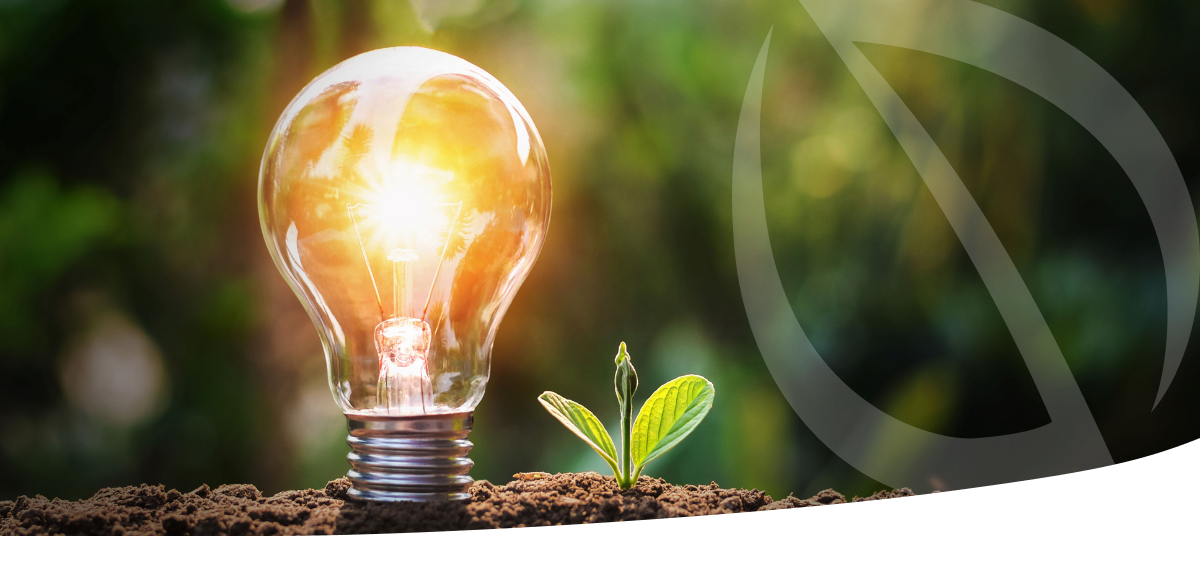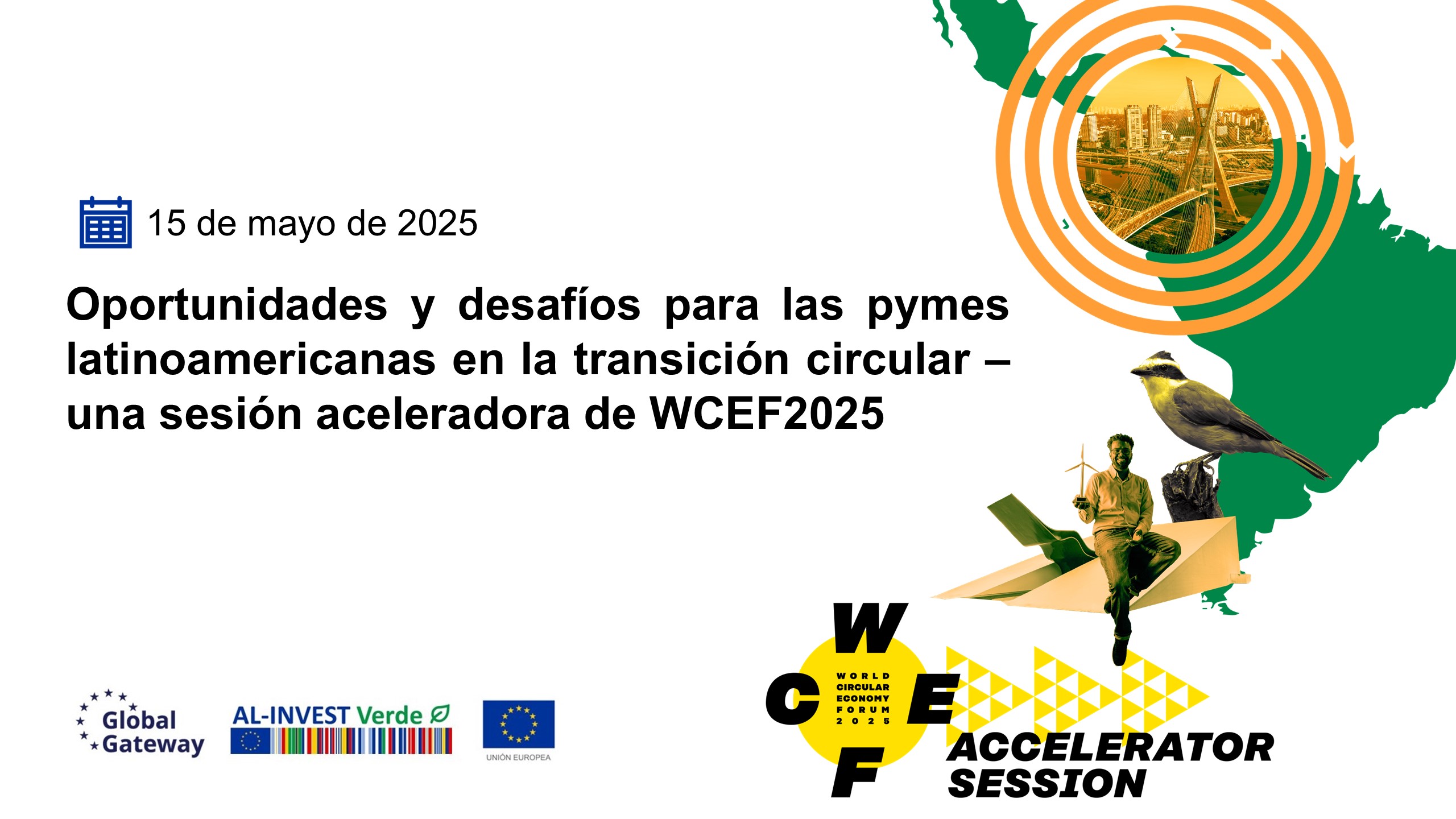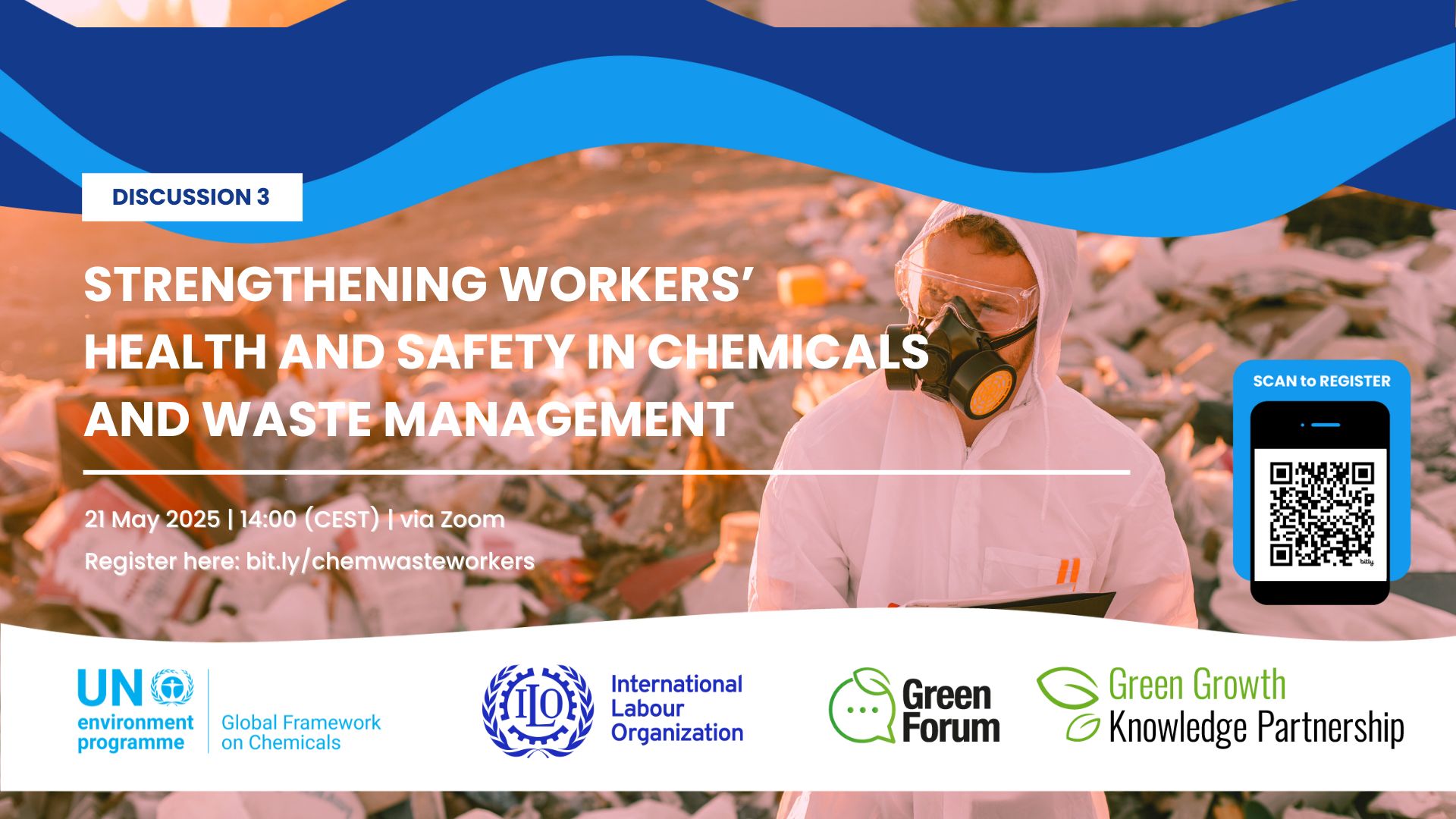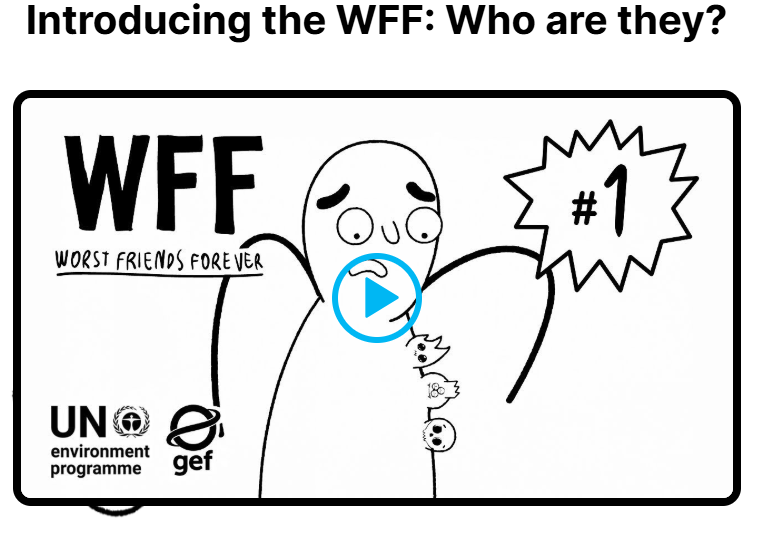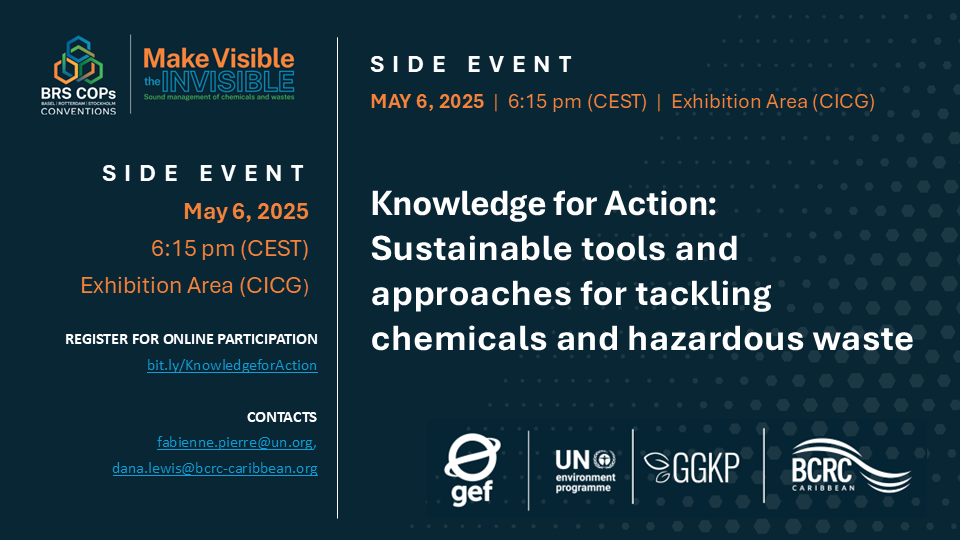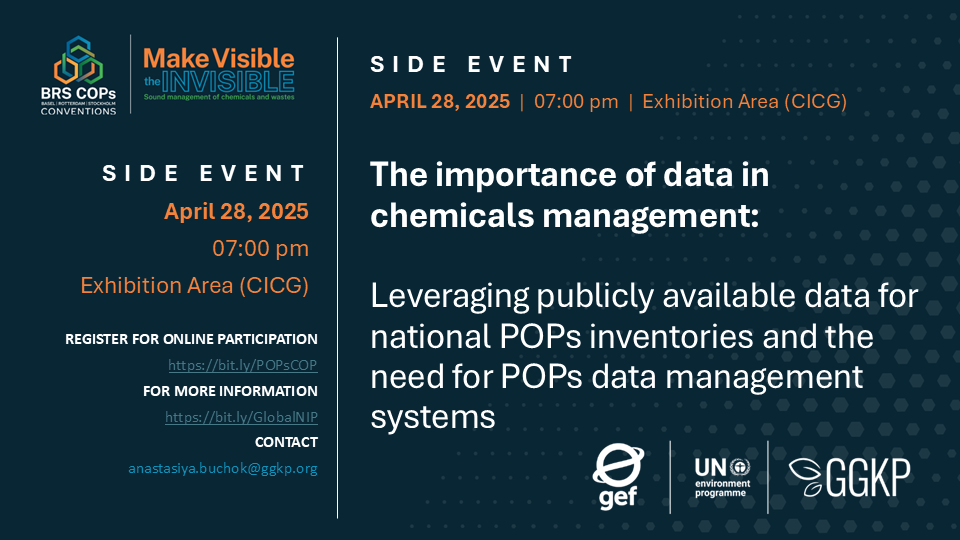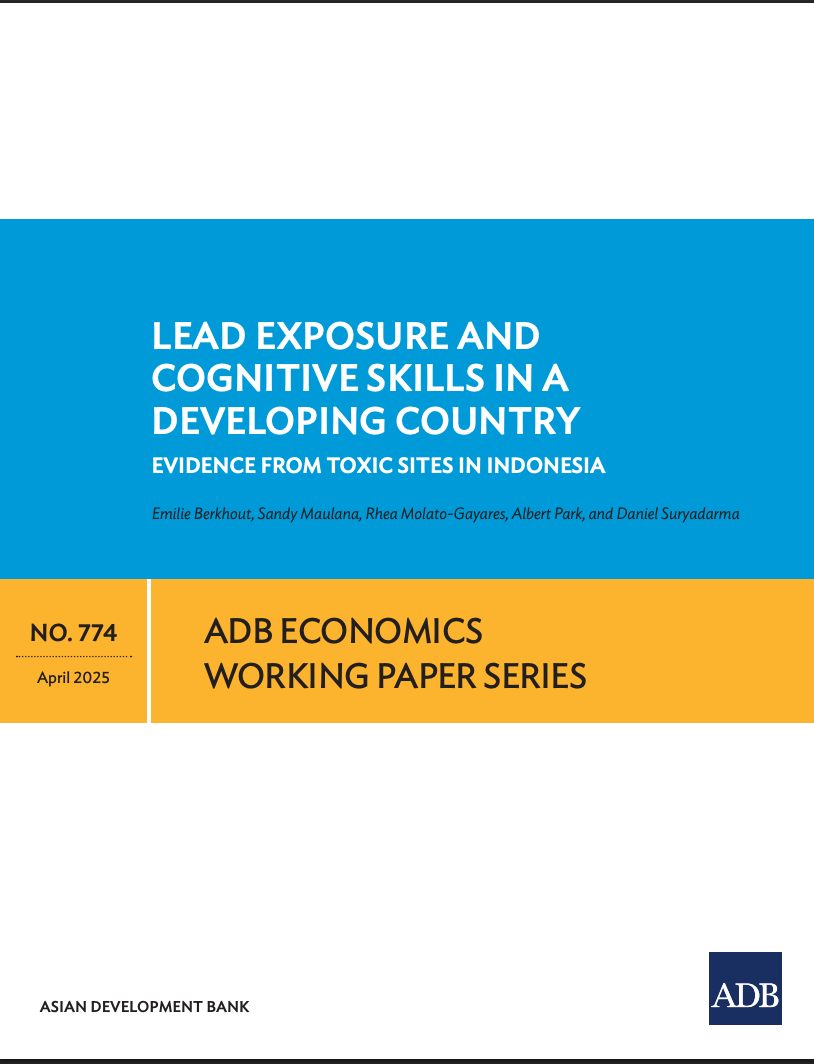Chemicals and Waste Management Community of Practice (CoP)
Group
Group content visibilityJoin method
782 members
Access permissions
Group visibilityPublic - All visitors of the platform can see this group
Public - visible to all visitors to the platform.
Open to join - users can join this group without approval.
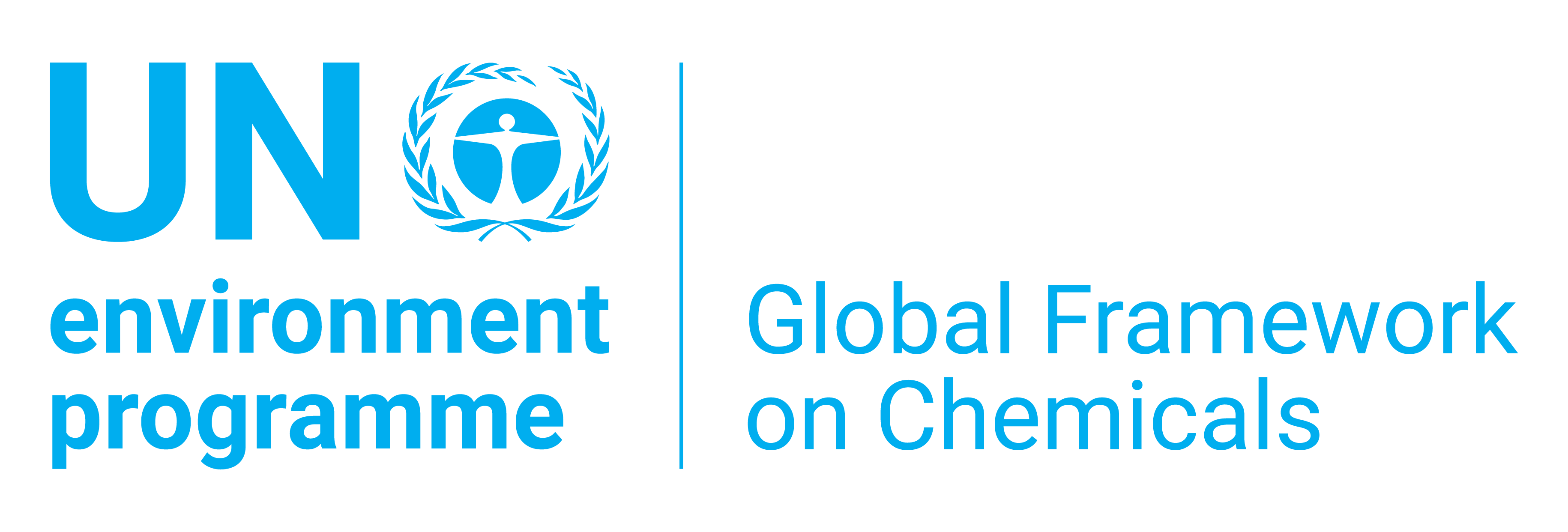
The Global Framework on Chemicals - For a Planet Free of Harm from Chemicals and Waste (GFC), provides the essential building blocks for a future in which humanity benefits from chemicals in a safe and sustainable manner, while avoiding their negative impacts.
Upcoming Events
Informative message
No events found.
Chemicals and Waste Management Community of Practice (CoP)
Created a Post in Chemicals and Waste Management Community of Practice (CoP)
4 months ago
Shared a Post in Chemicals and Waste Management Community of Practice (CoP)
4 months ago
Created a Post in Chemicals and Waste Management Community of Practice (CoP)
5 months ago
Created a Post in Chemicals and Waste Management Community of Practice (CoP)
5 months ago
Shared a Post in Chemicals and Waste Management Community of Practice (CoP)
5 months ago
Created a Post in Chemicals and Waste Management Community of Practice (CoP)
5 months ago
5 months ago
5 months ago
Created a Knowledge in Chemicals and Waste Management Community of Practice (CoP)
5 months ago
